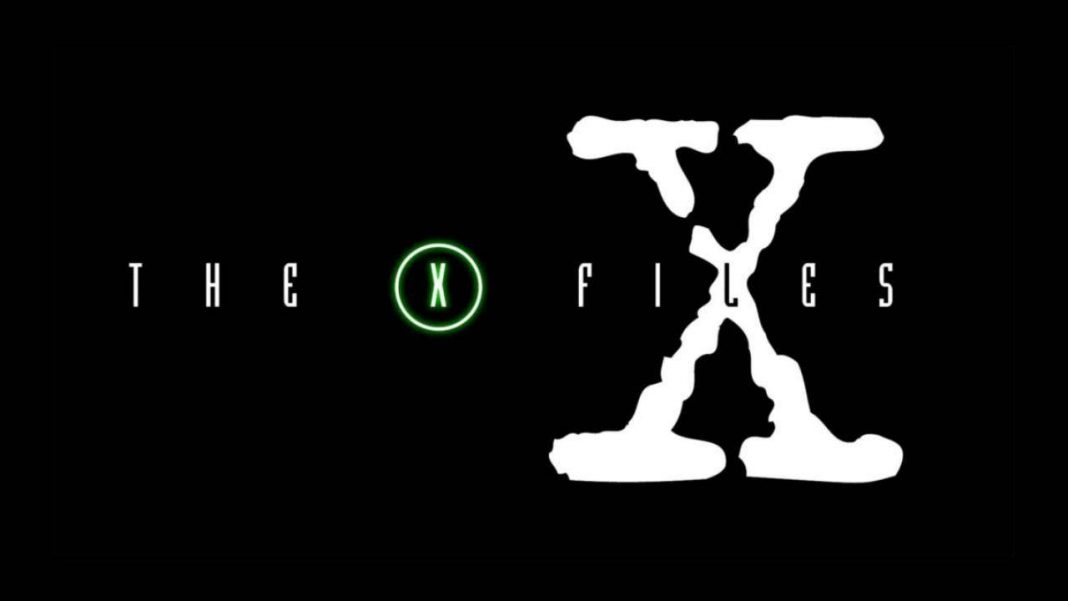According to researchers at Princeton, there are two types of thinking. System 1 thinking is quick. You use it constantly. Driving to work, you use it to decide when to put on your turning signal. Cooking a familiar meal, you use it to decide when to put in a spice. System 2 thinking is more arduous, logical thinking. It activates when you’re challenged. When it comes to film, movies like Transformers and Jurassic World do their damndest to keep you in System 1 thinking. If you use System 2, you’ll see the plot holes. Smarter movies ask more from their viewers, and Imitation Girl is one of those. It pushes its viewers into System 2 thinking early on, and engages them intellectually throughout.
The film opens in space with planets and moons eclipsing the camera. A projectile of some kind shoots out of one into the Earth. It feels very much like an homage to the opening of David Lynch’s Eraserhead. As an adolescent boy is looking at an adult magazine in the desert, the projectile crashes to the earth. He ditches the magazine, and a black ooze seeps over it before reshaping itself into the cover girl. The scene cuts to the model herself, who’s removing her wig after another photoshoot. From there, the movie follows the real Juliana and the titular imitation girl, both played, brilliantly, by Lauren Ashley Carter.
Writer and director Natasha Kermani does an excellent job playing with the double life that all performers lead. Even before the imitation girl crashed down to earth, Juliana was living a double life. She bumps into her old piano teacher while she’s at a coffee shop with a coworker, and the awkwardness is palpable as Juliana and the audience wait for the question, “What are you doing now?” It isn’t asked, but the discomfort lingers all the same. Juliana doesn’t want to be recognized. This scene, and others throughout, give Juliana a life outside of her performing. She plays piano and wants to follow in the footsteps of her father, a pianist himself. She questions whether or not what she’s doing in her movies and her modeling is art. Kerami does some of her best writing that same scene though, when Juliana’s coworker complains, “I had to pee the whole time” and Juliana reassures her, “Well, you looked great.” It’s turning the adult film star fantasy on its head. Everyone can relate to the need to pee, and it humanizes the adult performer to express that familiar feeling in the context of her performance.
Meanwhile, the imitation girl needs to learn everything, and for a time she embodies the stereotype of the slack-jawed adult performer that Juliana avoids, the male fantasy of a woman too stupid to want to do anything but pleasure him. But she learns to use the bathroom, to cook, and to speak English and Persian with remarkable speed once Saghi (Neimah Djourabchi) takes her to the home he shares with his sister Khahar (Sanam Erfani). It’s no accident that they’re Iranian immigrants, but another way of commenting on double lives. Like adult performers, Kerami is showing how immigrants live one life at home with their own language, food, and culture, and another life where they need to disguise themselves to fit in as part of their new country.
Kerami’s covering similar territory to David Lynch, America’s best weird filmmaker, again with her dopplegangers. In last years Twin Peaks: The Return, Special Agent Dale Cooper was split into two bodies—one evil, and one innocent. Juliana is slightly different—experienced instead of evil for one, but still innocent in the other. Lauren Ashley Carter is as good as Lynch’s Emmy-nominated leading man, Kyle MacLachlan, at playing two different characters. Carter is also tasked with playing Juliana on a variety of substances, which she does gamely, along with playing Tchaikovsky, badly, at an audition. As any musician will tell you, it’s a lot harder to play poorly than it is to play well.
Throughout Imitation Girl, Kerami rarely hits a wrong note. The abstract sections are beautiful, and feel necessary to the story. It’s very lyrical, so the narrative driving the film forward is quieter than most horror and sci-fi. There aren’t big set pieces. Outside of one or two moments, there isn’t very much intensity. But Imitation Girl never set out to be that kind of movie. It set out to question public perceptions of adult entertainment and immigration, and it succeeds there. It’s well written, well directed, and superbly acted. This is a movie that will make you think, and that can only be a good thing.
Imitation Girl is available on VOD now and will be released in select theaters on 4/20/18.
Wicked Rating: 8/10
Director: Natasha Kerami
Writers: Natasha Kerami
Stars: Lauren Ashley Carter, Neimah Djourabchi, Adam David Thompson, Sanam Erfani
Release: VOD March 16th, 2018, Select Theaters on April 20th, 2018
Studio/ Production Co: Illium Pictures, Cup of Joe Films
Language: English, Persian
Length: 84-Minutes
Sub-Genre: Science Fiction





